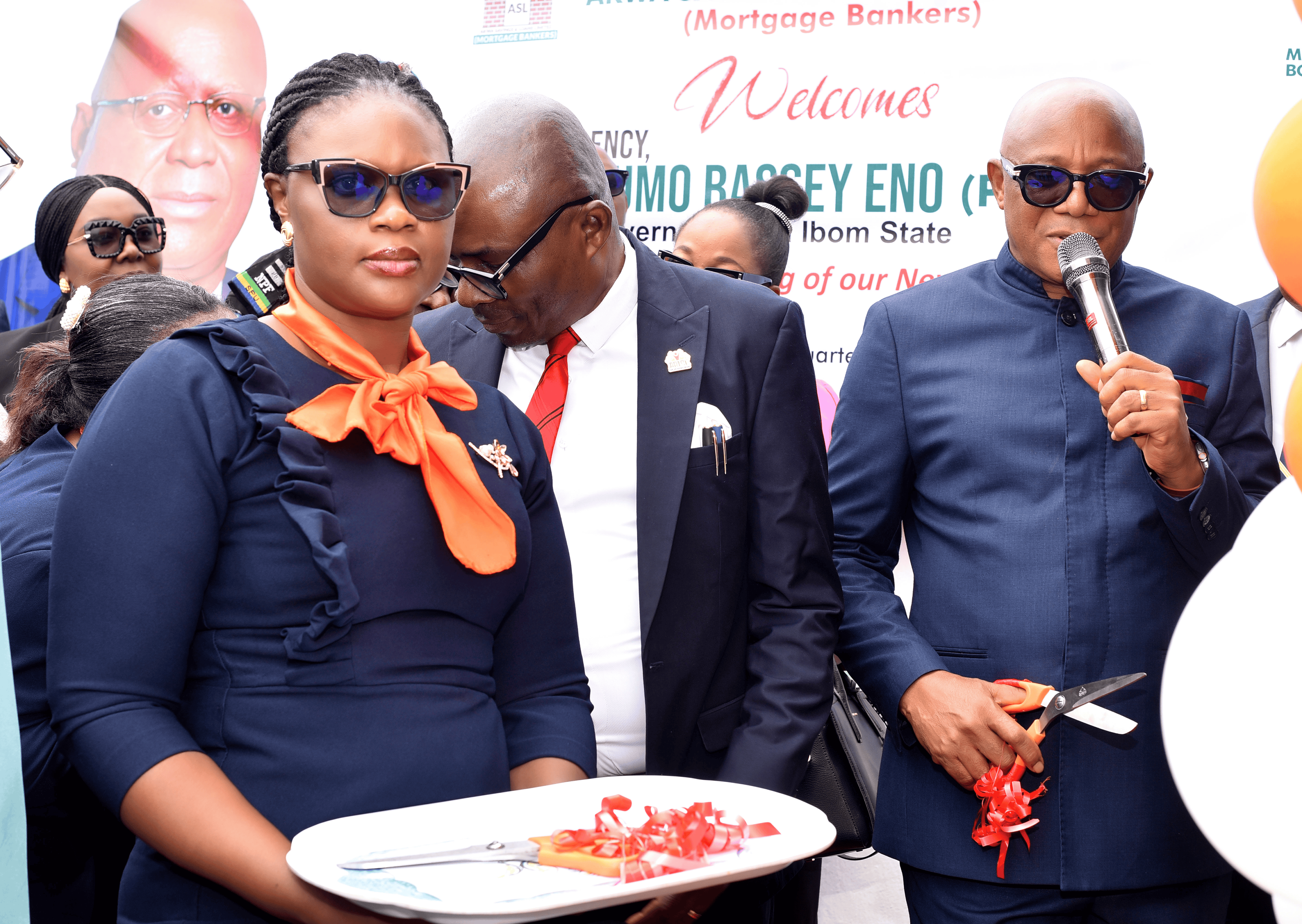In today's increasingly uncertain world, financial stability is a vital component of a household's well-being. For many Nigerians, economic instability, job insecurity, medical emergencies, and unforeseen expenses can lead to serious financial distress. An emergency fund—money set aside specifically for unexpected expenses—is one of the most essential tools for building financial resilience. Despite its importance, many Nigerian households remain unprepared for financial emergencies. This article explores why every Nigerian household needs an emergency fund, how to build one, and the role it plays in long-term financial security.
Why Emergency Funds Are Crucial for Nigerian Households
Nigeria's economy is known for its unpredictability—fluctuating oil prices, inflation, currency devaluation, and policy shifts are common occurrences. In such an environment, job security is fragile, and inflation can quickly erode purchasing power. An emergency fund helps cushion the impact of these external shocks.
For example, during the COVID-19 pandemic, many workers lost their jobs or experienced significant income reductions. Those with emergency funds were able to cope better than those who had none.
How Much Should Be in an Emergency Fund?
The standard recommendation is to save three to six months' worth of living expenses. However, this can vary depending on individual circumstances:
- Single individuals with stable income may need 3 months
- Families with children or dependents may require 6 months
- Entrepreneurs or freelancers may need even more due to income instability
Here's a simple example:
- Monthly expenses = ₦150,000
- 3-month emergency fund = ₦450,000
- 6-month emergency fund = ₦900,000
Even if this seems daunting, the key is to start small and build consistently.
Conclusion
An emergency fund is not a luxury—it's a necessity, especially in a country like Nigeria where economic instability and lack of formal safety nets are prevalent. While it may seem challenging to build one, especially with rising costs of living, the discipline and peace of mind it brings far outweigh the sacrifice. Every Nigerian household—regardless of income level—should aim to create and maintain an emergency fund. It is the first step towards true financial freedom, security, and resilience.

